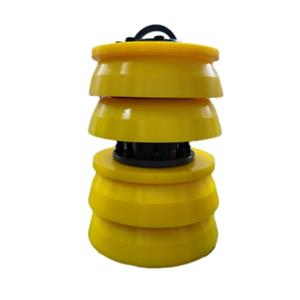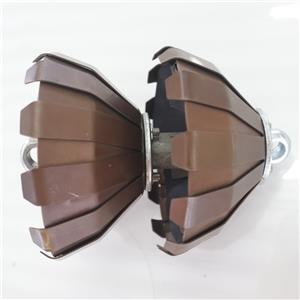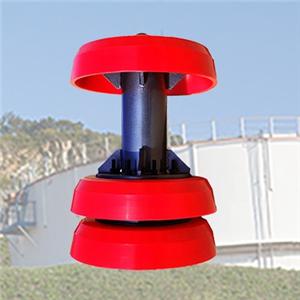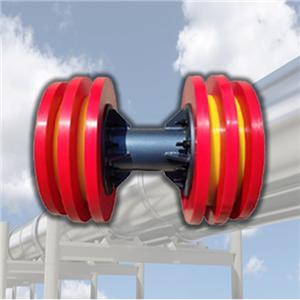UNDERSTANDING ELECTRICAL RESISTANCE CORROSION PROBE!
INTRODUCTION TO ELECTRICAL RESISTANCE CORROSION PROBE
Electrical probes are devices used to measure the rate of corrosion in metal samples. They work on the principle that the resistance of a metal sample increases as its cross-sectional area reduces due to corrosion thinning. This is because the corrosion process eats away at the metal, reducing its surface area and increasing its resistance to electrical current flow.
To use an electrical probe, the metal sample is placed in an electrolyte solution and connected to the probe. As the corrosion process begins, the resistance of the metal sample increases, and the electrical probe measures this change in resistance over time. By monitoring the resistance change, the electrical probe can calculate the rate of corrosion, providing important information for assessing the level of corrosion and implementing appropriate mitigation strategies.
The information provided by electrical probes is invaluable for industries such as oil and gas, marine, and aerospace, where corrosion can cause serious safety and financial risks. By detecting corrosion early, appropriate measures can be taken to prevent further damage, ultimately saving time and money. Additionally, electrical probes can be used to monitor the effectiveness of corrosion inhibitors and other mitigation strategies, allowing for adjustments to be made if necessary.
Overall, electrical probes are a valuable tool for monitoring corrosion in metals and ensuring the safety and longevity of industrial equipment.




